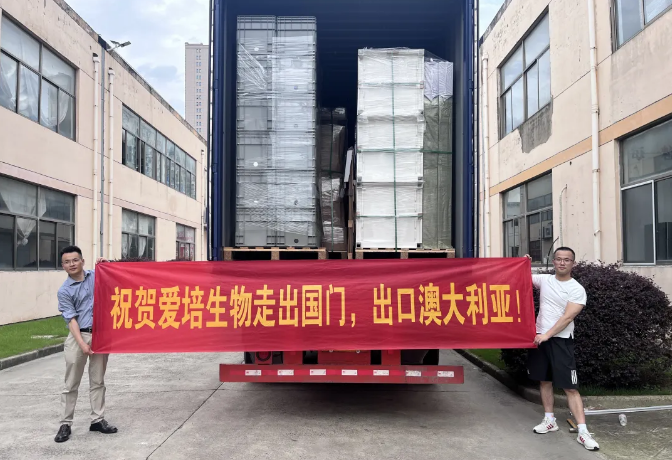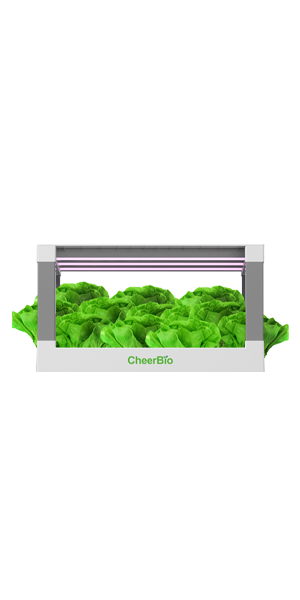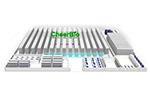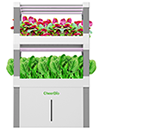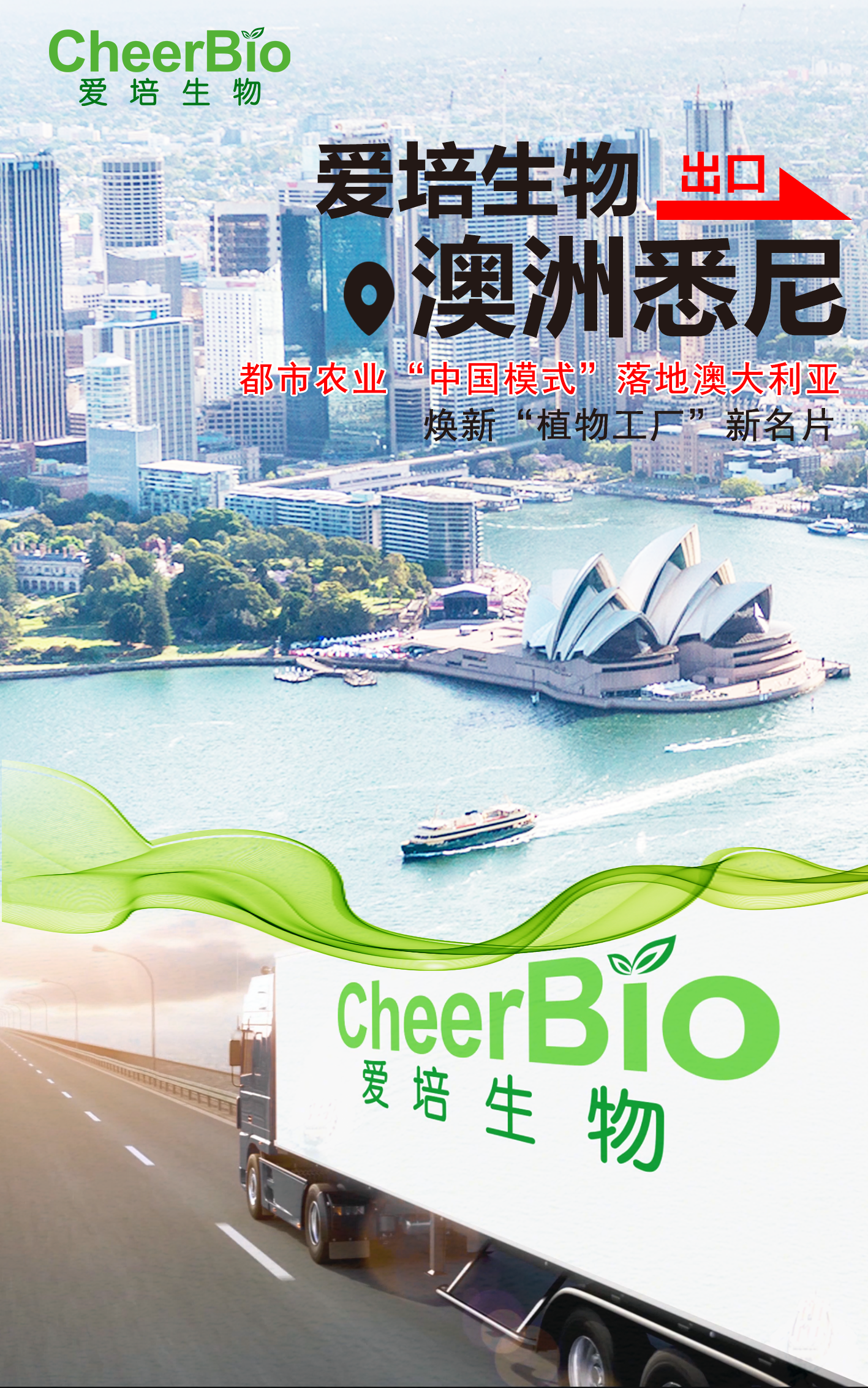
CheerBio Bio's distributed plant factory, with its innovative modular design and the one-click planting concept of "large backend, small frontend," provides the global market with convenient, efficient, intelligent, and high-yield vegetable and flower zero-distance planting solutions. The successful implementation of the first project in Australia will undoubtedly become the "door knocker" for CheerBio Bio to enter international markets and also explore a new path for the "Chinese model" of Chinese agriculture to go global.

It is reported that the vegetable industry is an important part of Australia's agriculture, with a rich variety of vegetables, most of which can be self-sufficient. However, as consumer attention to healthy eating continues to increase, the demand for high-quality vegetables is also growing. The main reason for the relatively high prices of vegetables in Australia is due to factors such as natural disasters, seasonal fluctuations, production costs, and transportation costs. How to reduce costs and ensure a fresh supply of vegetables anytime and anywhere is an urgent problem that needs to be solved by the local government and market.
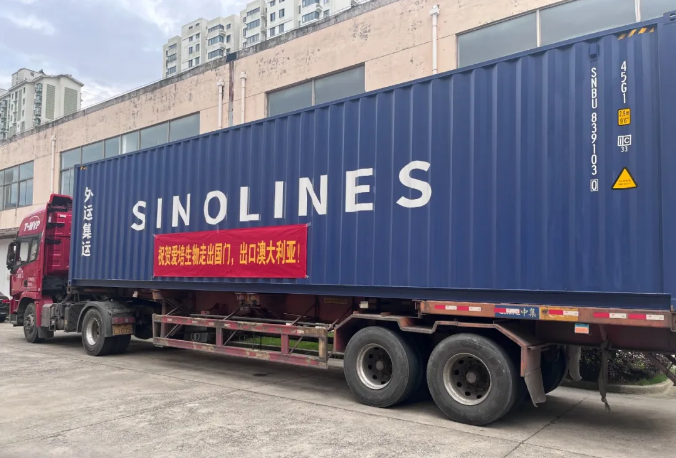
The distributed plant factory developed by CheerBio Bio, which has now been implemented in Australia, is an important milestone for the company in its overseas journey. It is also the first deployment of IoT hydroponic planting equipment overseas, showcasing to the international market China's technological agriculture making a leap from "cost-effectiveness" to "quality-price ratio," from "Made in China" to "Created in China." In the future, Aipai Bio will continue to improve in the field of "distributed plant factory" cultivation, enhancing international competitiveness and refreshing the "plant factory" as a new calling card.
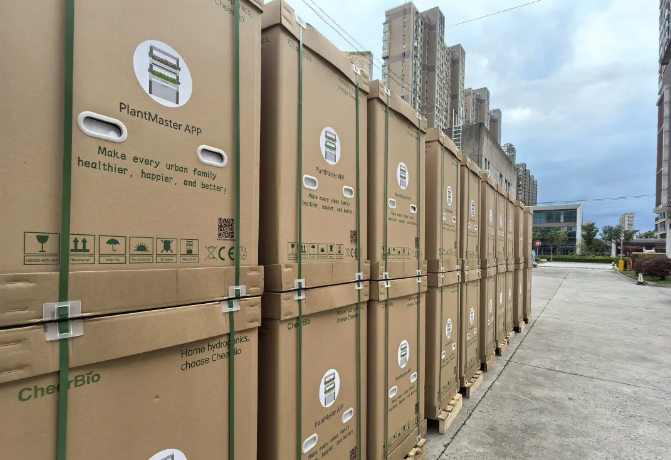
As an innovator and practitioner in this field, CheerBio Biology has the responsibility and responsibility to explore a sustainable development road for China's agricultural science and technology industry, make continuous efforts for the industrialization, digitalization, standardization and brand development of urban agriculture, and contribute to the development of "new quality productive forces"!
